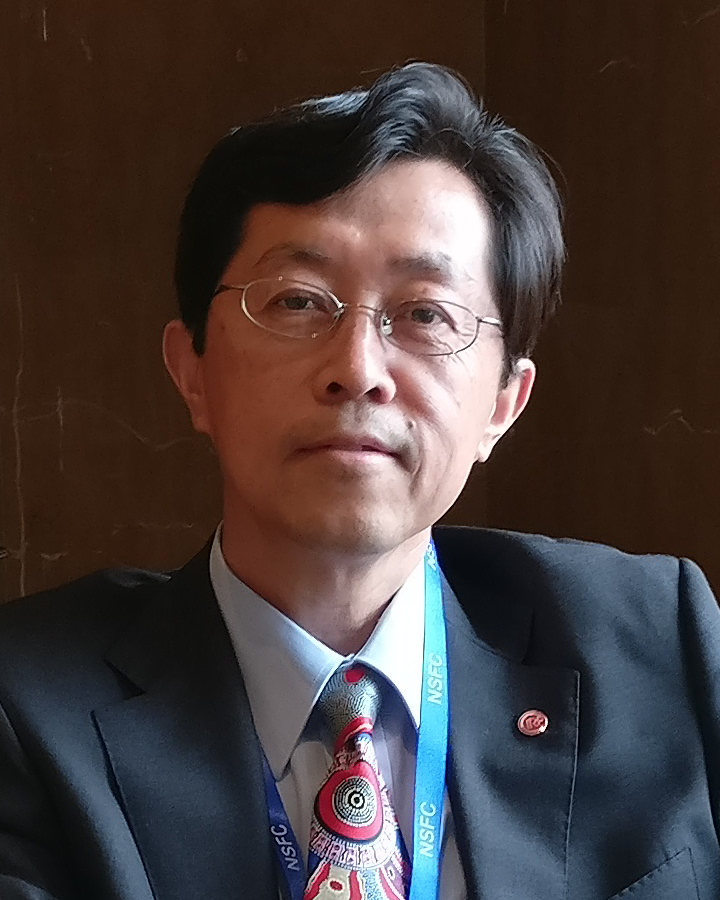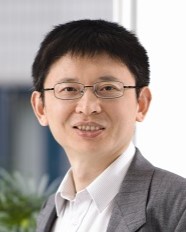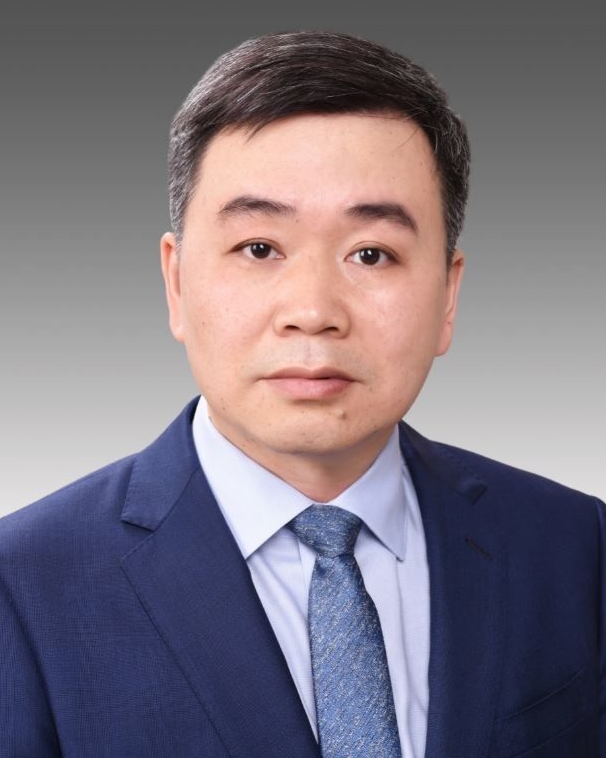Keynote Speakers-ICACR 2025
Prof. Lihui Wang (The Canadian Academy of Engineering, CIRP, SME, and ASME Fellow)
KTH Royal Institute of Technology, Sweden
Biography: Lihui Wang is a Chair Professor and the Director of Centre of Excellence in Production Research at KTH Royal Institute of Technology, Sweden. His research interests are primarily focused on human-robot collaboration, real-time monitoring and control, and adaptive manufacturing systems. Professor Wang is the Editor-in-Chief of International Journal of Manufacturing Research, Journal of Manufacturing Systems, and Robotics and Computer-Integrated Manufacturing. He has published 11 books and authored in excess of 800 publications. Professor Wang was elected one of the 20 Most Influential Professors in Smart Manufacturing in 2020, and the Gold Medal recipient from Society of Manufacturing Engineers in 2024.
Prof. Gang Feng (IEEE Fellow)
City University of Hong Kong, China
Biography: Gang Feng received the Ph.D. degree in electrical engineering from the University of Melbourne, Melbourne, VIC, Australia.,After serving as a Lecturer/Senior Lecturer with the School of Electrical Engineering, University of New South Wales, Kensington, NSW, Australia, from 1992 to 1999, he has been with the City University of Hong Kong, Hong Kong, since 2000, where he is currently the Chair Professor of Mechatronic Engineering. His current research interests include multiagent systems and control, intelligent systems and control, and networked systems and control.,Prof. Feng has been awarded the IEEE Computational Intelligence Society Fuzzy Systems Pioneer Award, the IEEE Transactions on Fuzzy Systems Outstanding Paper Award, the Alexander von Humboldt Fellowship, the Changjiang chair Professorship from the Education Ministry of China, and the City University of Hong Kong Outstanding Research Award. He is an Associate Editor of IEEE Transactions on Fuzzy Systems, Journal of Systems Science and Complexity, Autonomous Intelligent Systems, and Guidance, Navigation and Control. He was an Associate Editor of IEEE Transactions Automatic Control, IEEE Transactions Systems, Man and Cybernetics—Part C, Mechatronics, and Journal of Control Theory and Applications. He is on the Advisory Board of Unmanned Systems. He is listed as a SCI Highly Cited Researcher by Clarivate Analytics from 2016 to 2020.
Prof. Ruqiang Yan (IEEE Fellow)
Xi’an Jiaotong University, China
Biography: Ruqiang Yan (Fellow, IEEE) received the M.S. degree in precision instrument and machinery from the University of Science and Technology of China, Hefei, China, in 2002, and the Ph.D. degree in mechanical engineering from the University of Massachusetts at Amherst, Amherst, MA, USA, in 2007. He was a Guest Researcher with the National Institute of Standards and Technology (NIST), Gaithersburg, MD, USA, from 2006 to 2008, and a Professor with the School of Instrument Science and Engineering, Southeast University, Nanjing, China, from 2009 to 2018. He joined the School of Mechanical Engineering, Xi’an Jiaotong University, Xi’an, China, in 2018. His research interests include data analytics, artificial intelligence, and energy-efficient sensing and sensor networks for the condition monitoring and health diagnosis of large-scale, complex, and dynamical systems. Dr. Yan is a fellow of American Society of Mechanical Engineers. His honors and awards include the IEEE Instrumentation and Measurement Society Technical Award in 2019, the Distinguished Service Award in 2022, and multiple best paper awards. He has been serving as the Editor-in-Chief for IEEE Transactions on Instrument and Measurement since January 2022. He is an Associate Editor of IEEE Sensors Journal and an Editorial Board Member of Chinese Journal of Mechanical Engineering.
Prof. Hiroshi Kobayashi
Tokyo University of Science
Innophys Co., Ltd., Co-Founder and CTO,
CoreHealth Co., Ltd., Founder and Chairman of the Board
Biography: Completed PhD in Engineering at the Tokyo University of Science (TUS) in 1995-Dispatched to the University of Zurich through the Postdoctoral Fellowship for Research Abroad of the Japan Society for the Promotion of Science in 1996-Appointed as lecturer at the Department of Mechanical Engineering, Faculty of Engineering at TUS in 1998-Appointed as Associate Professor at TUS in 1999-Currently serving as Professor at TUS (since 2008).In 2000, He began research into the construction of a human-friendly intelligent system that assists human behavior by supplementing muscular strength. It helps realize muscle strength and movement assistance that adapts to the respective will of any wearer, who needs care or must carry out physical labor. He has received numerous awards. Some of them are the 2019 Award for Science and Technology from the Minister of Education, Culture, Sports, Science and Technology (Development Category), and the 2020 University Venture Award from the Minister of Economy, Trade and Industry. In December 2013, Innophys Co., Ltd. was founded toward a practical implementation of a Muscle Suit specialized for back assistance. In 2014, Innophys Co., Ltd. began selling Muscle Suit products for back. In September 2023, CoreHealth was founded for health care business using Muscle Suit.




